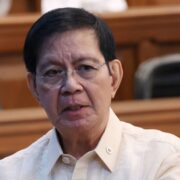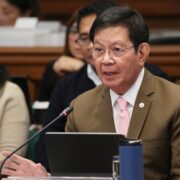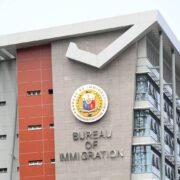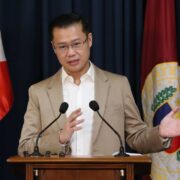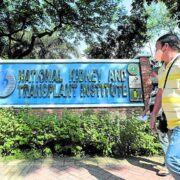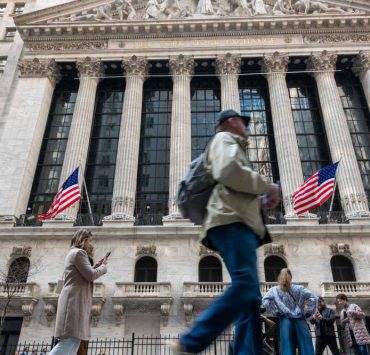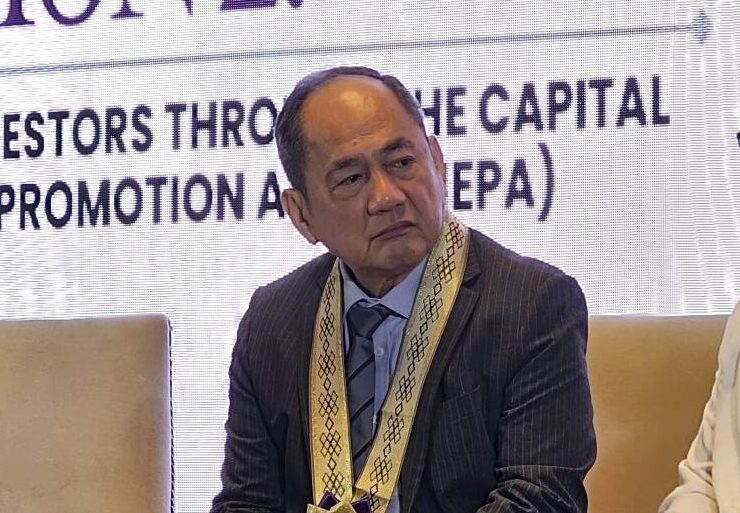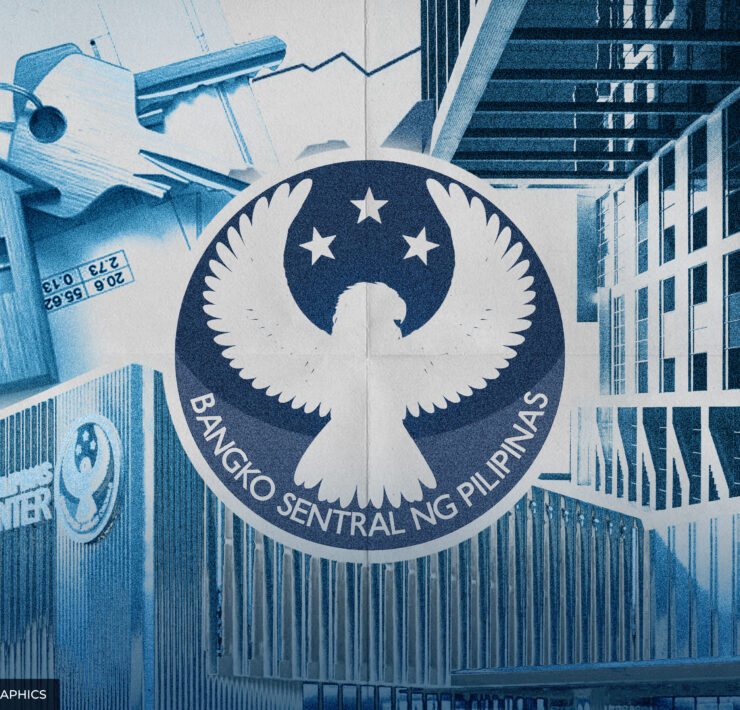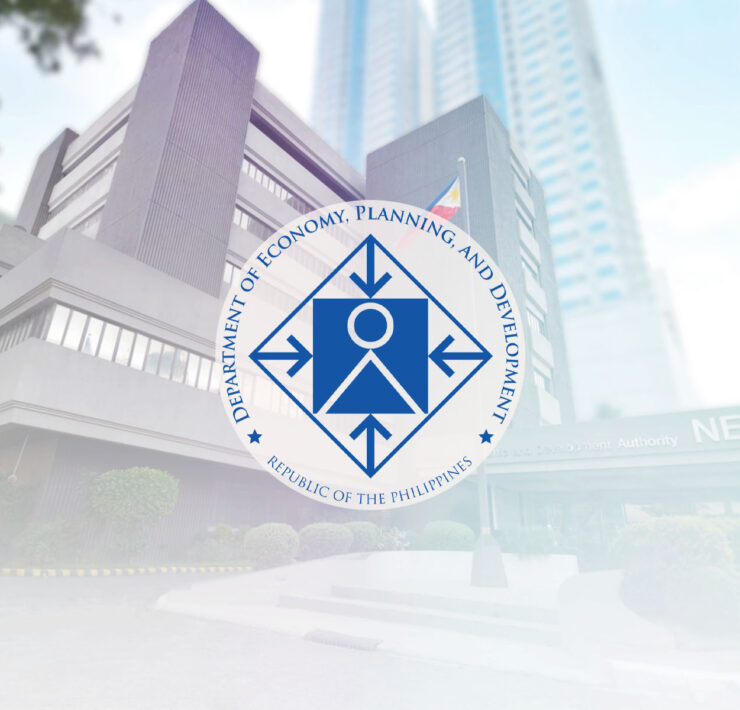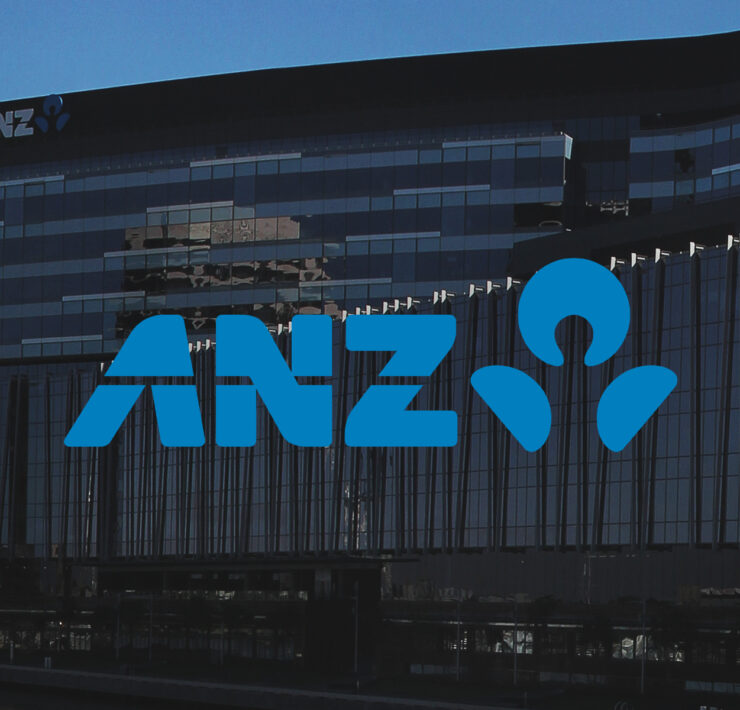World Bank sees 6% GDP growth for PH
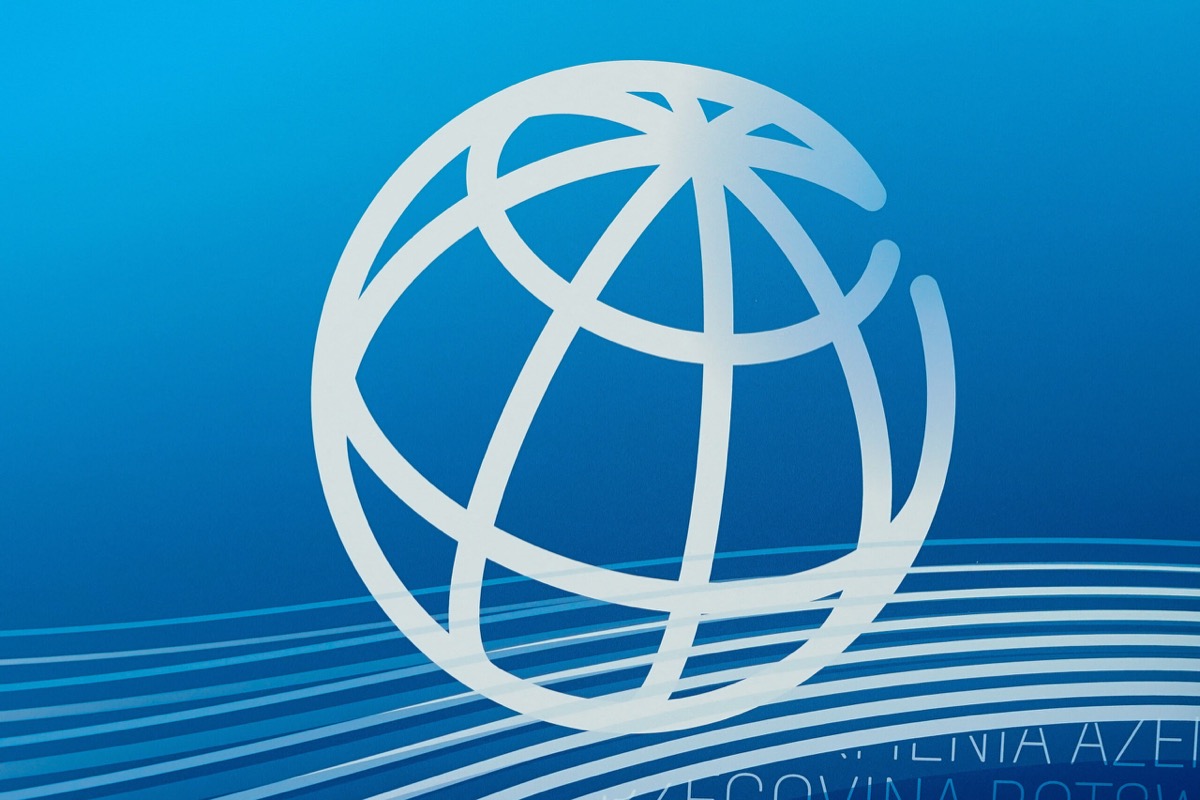
Economic expansion next year might still fall short of the Marcos administration’s growth target despite the projected decline in interest rates, as the drag from a weakening global economy could dampen any stimulus from falling borrowing costs, the World Bank (WB) said.
Gonzalo Varela, WB lead economist for Brunei, Malaysia, the Philippines and Thailand, said the Washington-based lender’s latest projection of 6-percent growth for this year and next already took into account expectations of interest rate cuts by the Bangko Sentral ng Pilipinas (BSP).
The latest outlook shows a slight upgrade in growth expectations. In an earlier report issued in June, the WB had projected growth to hit 5.8 percent this year and 5.9 percent next year.
If the projection comes true, gross domestic product (GDP) expansion in 2024 would match the low end of the 6- to 7-percent growth target of the Marcos administration, but would fail to hit the 2025 goal of 6.5- to 7.5-percent growth.
While the easing of monetary policy could boost consumption and private investments, Varela said the Philippine economy would not be spared from the impact of sluggish global growth.
“The Philippines cannot escape gravity,” he told reporters on the sidelines of the 22nd International CEO Conference of the Management Association of the Philippines.
“So even if, on the one hand, you have expectations of BSP loosening monetary policy and that will stimulate consumption and investment, at the same time, you have a global economy that is going to be slow. It is going to be more difficult to navigate,” he added.
At its Aug. 15 meeting, the policymaking Monetary Board (MB) slashed the benchmark interest rate by 25 basis points (bps) to 6.25 percent. That kicked off what Governor Eli Remolona Jr. had called a “calibrated” easing cycle while hinting at another cut of the same size either at the October or December meeting of the MB.
By reducing borrowing costs, the BSP wanted to boost consumption, a traditional growth driver. WB’s Varela said similar moves by the US Federal Reserve could give the BSP some space to further slash rates.
But those rate cuts work with a lag, meaning these adjustments would take months to be fully absorbed by the local financial system. That said, Remolona explained that “the relevant policy horizon” is 2025.
Cheap financing
The projected decline in interest rates coincided with the preparation of WB for a new lending plan for the Philippines under its upcoming “country partnership framework 2025-2028”, which seeks to help the country transition to an upper middle-income economy while staying resilient to climate change.
Varela said WB would likely launch the fresh financing program for the Philippines “by early 2025”. While he did not say how much the Bank is planning to lend to the Philippines, Varela said the program is “expected to expand.”
But once the Philippines reaches the upper middle-income economy status, it would lose access to concessional interest rates offered by official development assistance loans. Still, Varela said there are ways for the Philippines to secure cheap financing from WB when it climbs the income bracket.
”We can bring in not just our financing, but also trust funds from donors so that we can support the Philippines in a way that interest rates end up being reduced. Because we can blend a grant with loans,” Varela said.
”For example, you have a loan of 100 million—a loan of 90 million that you complement with 10 [million] of a grant. So you end up with a financing envelope of 100 [million] but you only pay on the 90 [million],” he added.


